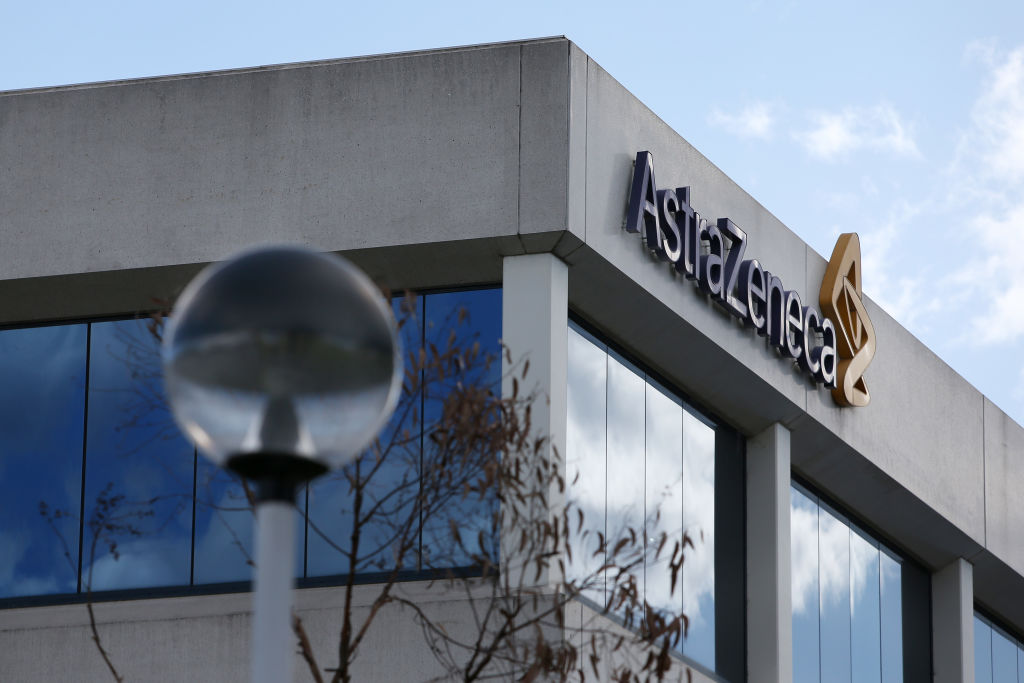Astrazeneca: Pharma giant snaps up rare disease biotech firm Amoylt
The acquisition, which is meant to "bolster" Astrazenca's rare disease arm Alexion, brings with it a Phase III investigational therapeutic peptide meant for hypoparathyroidism


Astrazeneca has announced the acquisition of rare disease biotech firm Amolyt Pharma as part of its expansion into the development of rare disease treatments.
The pharmaceutical giant will purchase Amolyt Pharma, a specialist in the treatment of rare endocrine disease, for $800m (£683m) upfront. An additional contingent payment of $250m (£213m) to shareholders will be payable “upon achievement of a specified regulatory milestone.”
The acquisition, which is meant to “bolster” Astrazenca’s rare disease arm Alexion, brings with it a Phase III investigational therapeutic peptide meant for hypoparathyroidism – a thyroid disease – after Amolyt experienced “strong” data in Phase II.
Marc Dunoyer, chief executive of Alexion, Astrazeneca Rare Disease, said: “Chronic hypoparathyroid patients face a significant need for an alternative to current supportive therapies, which do not address the underlying hormone deficiency.
“As leaders in rare disease, Alexion is uniquely positioned to drive the late-stage development and global commercialisation of eneboparatide, which has the potential to lessen the often debilitating impact of low parathyroid hormone and avoid the risks of high-dose calcium supplementation.
“We believe this programme, together with Amolyt’s talented team, expertise and earlier pipeline, will enable our expansion into rare endocrinology.”
Thierry Abribat, chief executive of Amolyt Pharma, said the deal with Astrazeneca fits within the firm’s values to deliver effective treatment for rare diseases.
“This agreement offers the opportunity to meaningfully advance our pipeline therapies,” Abribat said.
“Strong Phase II data suggest eneboparatide has the potential to improve outcomes for patients and to shift the treatment paradigm for hypoparathyroidism, and we look forward to seeing the continued advancement of the Phase III trial,” Abribat added.


